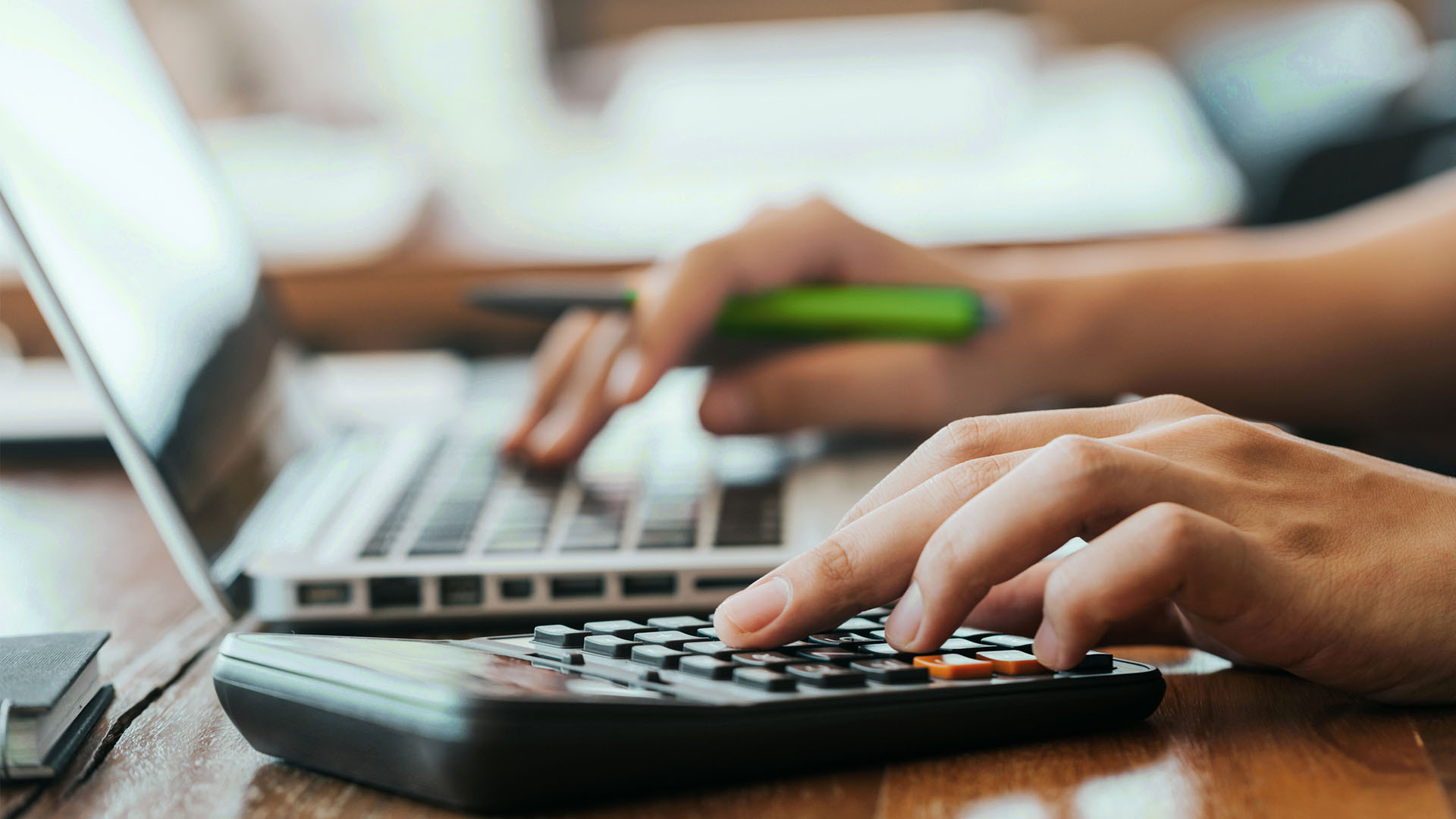Running a small business successfully requires you to stay alert constantly for potential future threats, adjusting your spending, output and sales strategies to changing conditions. But no matter how carefully you plan, unforeseen disasters can change the business environment drastically overnight – a lesson that South African entrepreneurs have learnt repeatedly in the past few months.
Along with normal business planning, you need plans in place for emergency procedures in the event of a sudden catastrophe. That sounds contradictory: you’re literally trying to expect the unexpected. But we speak of the ‘gift’ of hindsight for a reason – why not give your business that gift in advance? There are ways to put plans in place that can disaster-proof your business.
To survive a major crisis, whether it’s the result of extreme weather, a public health emergency, civil unrest or anything that shuts down retail and wholesale trading, your business will need to take three steps:
- Implement your disaster plan to access emergency resources.
- Explore what additional support is available.
- Get back on your feet and start trading again as soon as possible.
Here are 5 ways you can lean on Nedbank Small Business banking products and services to help you achieve that.
1. Invest in knowledge and insurance that covers all potential threats
Nedbank’s support for small businesses includes powering SimplyBiz, a platform that connects business owners and enables them to get peer input, funding, advertising, sales leads and discounts on business supplies. It’s also full of helpful articles and tips, including how to go about business continuity disaster planning. Using resources like SimplyBiz to stay connected to other businesses – and knowledge or reporting about business – can help you pool ideas and develop survival strategies when tough times hit.
When planning against disaster, first identify all the potential risks unique to your business, then invest in an insurance portfolio that covers you against them. Comprehensive business insurance against fire, theft and extreme weather events is a start, and remember that cover should include your business’s buildings, vehicles, contents and stock. Make sure that there is Sasria cover embedded in whichever policy you choose, because that is the only insurance that will protect you in the event of damage caused by civil unrest, terrorism or other violent upheaval.
Exploring the relief programmes available could be the first step on your road to recovery
Life insurance or key person insurance may also be wise, as the sudden death or disability of a valued executive could be disastrous for a small business. Business interruption cover offsets your losses during a regional or national shutdown, when you are physically unable to trade.
It makes sense to look for solutions specific to your industry or type of business. Sector-specific insurance plans include agriculture, construction, heavy commercial vehicle and marine insurance. When you’re fully covered with the right combination of options for your business, you’ll have the peace of mind to sleep more soundly at night.
2. Explore other relief channels
Depending on the type and scale of the disaster, government and the financial sector may step in with relief efforts, as we saw when the Covid-19 pandemic began. Nedbank offered several forms of relief to businesses left vulnerable by the sudden lockdown.
This included grants to informal traders and spaza shop owners, low-interest loans to small businesses to provide bridging finance for stock and supply chain liquidity, interest-free loans over five years to cover payroll for small, medium and micro enterprises with permanent employees, and debtor finance, which enables businesses to get paid today for invoices that are still due. Also known as ‘invoice discounting’, this gives businesses immediate cash flow to cover expenses, buy materials and keep going.
So, if a disaster on the same scale were to occur in future, you should take advantage of any similar relief opportunities. If you use Nedbank’s merchant services, you might also consider the Gap Access option, which is a cash advance based on historic point-of-sale transaction volumes and data.
If your business continuity plan was not up to the scale of the disaster, exploring the relief programmes available could be the first step on your road to recovery.
3. Asset financing can plug the gaps
If you’re hit by a violent event that destroys your business assets and you don’t have enough insurance cover in place, all is not lost. Provided your business can remain in operation and depending on your remaining assets and your credit record, you may still be eligible for asset financing. This will enable you to replace machinery, equipment or vehicles and keep operating.
If you have a compatible Android smartphone, it can even double as a POS device
If possible, you may want to draw on all three types of support in the wake of a disaster: insurance cover, relief programmes and asset financing. Your goal should be to get back up and running as quickly as possible so that you can stabilise the business.
4. Make sure you have an online store
It’s essential to sell your products or service online these days anyway, so setting one up should be a priority if you haven’t done so already. It’s much simpler than many people think, and we can give you step-by-step instructions. It’s also easy to register your online store on the Avo SuperShop – giving your business the potential to sell to a huge market of eager online shoppers. Nedbank’s e-Pay solutions have simplified digital payments so you can now securely process payments on your website.
The point is that an online store increases the earning power of your business when times are normal, and that alone makes it a good idea. But after a disaster that shuts down retail shopping, it could also become the lifeline that keeps your business making sales and generating income.
5. Your phone can double as a point-of-sale device
A fire, flood or violent unrest might destroy business equipment like tills or point-of-sale (POS) devices and in the past, that would have been a disaster. These days, if you’re a Nedbank client and you have the right smartphone, you don’t have to miss a single sale. Mobile payment solutions like Apple Pay, Masterpass and Pocket POS enable small-business owners to trade more simply and safely than ever.
If you have a compatible Android smartphone, it can even double as a POS device; customers simply tap their cards on your phone to pay.. Services like this mean you can do business and accept payments anywhere.
A disaster doesn’t have to mean the end of your business. We have a range of products and services to help you reduce the risk of disaster, and when that’s just not possible, to survive the worst and rebuild your operations.








